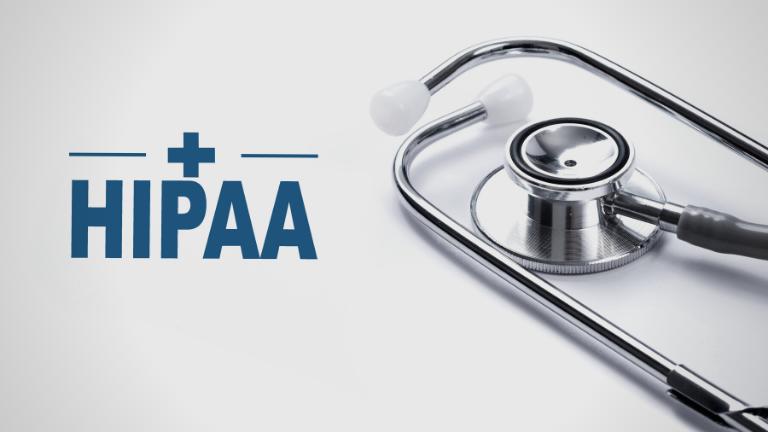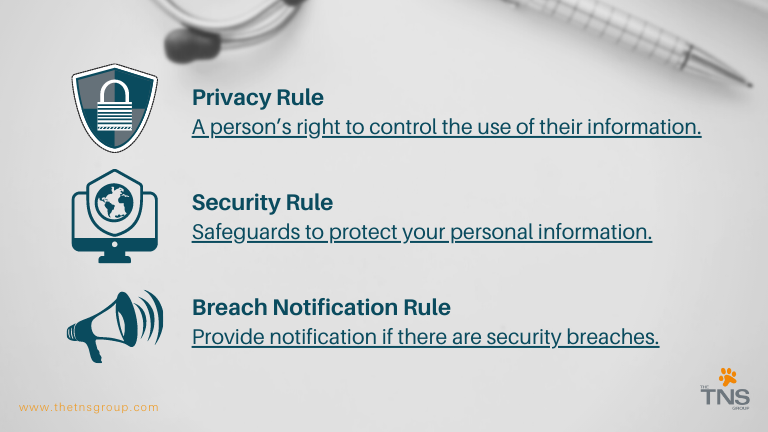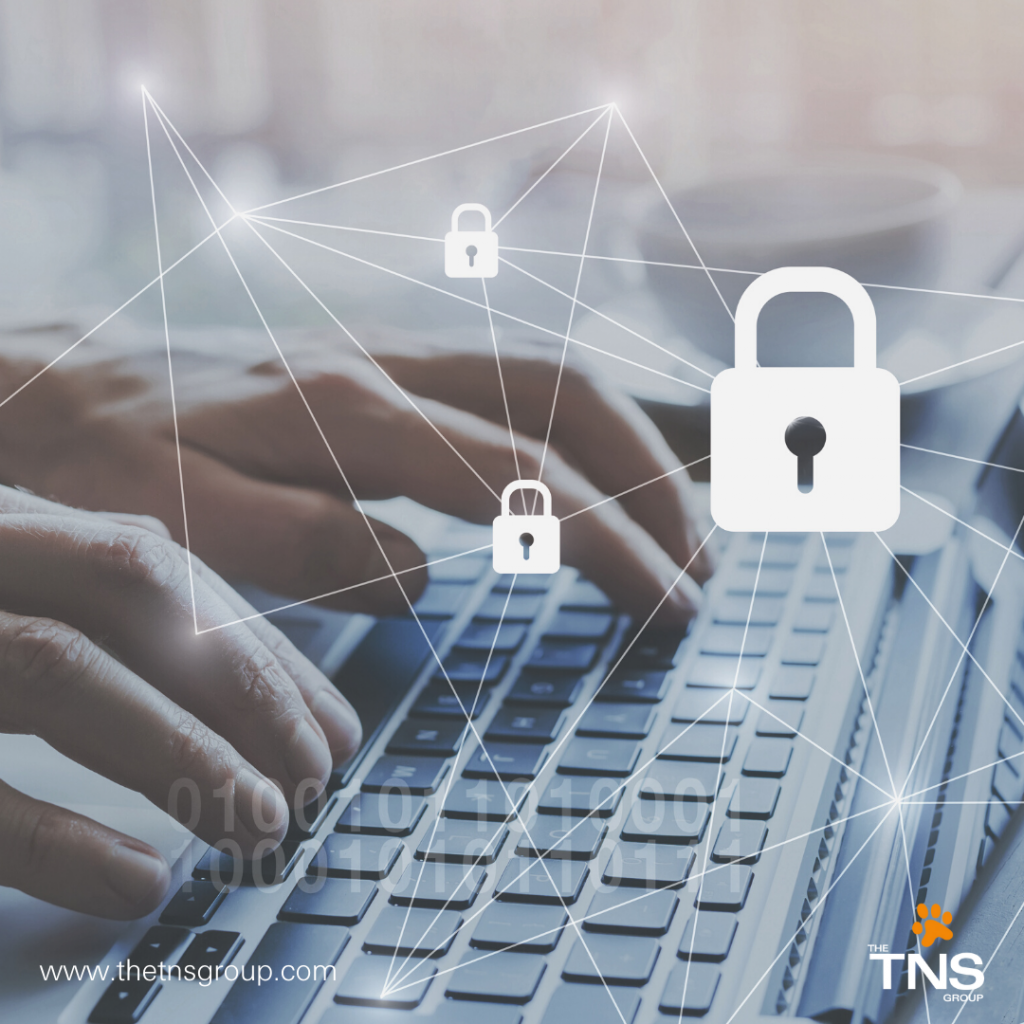
Regardless of what size your organization is and what industry you belong in, your data must be secure, protected, and backed up to build business resilience and longevity. If you are in the field of healthcare, in particular, the inability to keep your data secure violates the rules of HIPAA compliance and is highly detrimental to your organization.
But what is HIPAA? Why is HIPAA compliance important in the US healthcare system today? What are the main HIPAA rules? Do you really need to comply with these rules? What benefits do you get in ensuring HIPAA compliance? This article will answer these questions and more.
What Is HIPAA Compliance?
HIPAA, or The Health Insurance Portability and Accountability Act, was established in 1996 for the purpose of protecting employees between jobs from losing their insurance coverage. It also aimed to combat waste, fraud, and abuse in health insurance and healthcare delivery. Over the past two decades, HIPAA has evolved to primarily safeguard sensitive patient data, known as PHI or Protected Health Information. This includes any information held by a covered entity that concerns health status, the provision of healthcare, or payment for healthcare that can be linked to an individual.
HIPAA outlines which parties within an organization can access PHI and under what circumstances. It also defines what situations and conditions can be considered violations. HIPAA is overseen by HHS’ (Department of Health and Human Services) OCR (Office for Civil Rights), and the violations have to be reported to the OCR.
The Three Main HIPAA Rules
As part of the HIPAA rulings, there are three main standards that apply to Covered Entities and Business Associates: the Privacy Rule, the Security Rule, and the Breach Notification Rule. All three incorporate the need for dynamic and active action, as well as thorough documentation.

1. Privacy Rule
The Rule requires appropriate safeguards to protect the privacy of PHI and sets limits and conditions on the uses and disclosures that may be made without proper authorization. A major goal of the Privacy Rule is to assure that individuals’ health information is properly protected while allowing the flow of health information needed to provide and promote high-quality health care.
2. Security Rule
The Security Rule requires that entities apply administrative, physical, and technical safeguards to ensure the integrity of electronic PHI. As new technologies emerge, it is important for entities to implement technical safeguards to monitor the uses of their organization’s technologies and instruct their workforce members accordingly. While new technologies create more opportunities for ease of access to ePHI for authorized purposes, they also present increased risks for security incidents.
3. Breach Notification Rule
This rule requires that covered entities and business associates adhere to specific steps in the event of a breach of unsecured PHI. The Breach Notification Rule incorporates detailed regulations that must be followed when a breach of PHI has occurred, as well as information detailing the monetary penalties associated with non-compliance.
I’m Not in Healthcare; Do I Need to Be HIPAA-Compliant?
According to HIPAA, if you belong to the category of “covered entities” or “business associates,” and you handle “protected health information (PHI),” you and your business are required to be HIPAA-compliant. Covered entities describes U.S. health plans, employers and schools that handle PHI in order to enroll their employees and students in health plans, healthcare clearinghouses, and healthcare providers. Business associates refers to any organization or individual who acts as a vendor or subcontractor with access to PHI. You can learn more about covered entities and business associates here.
What Benefits Do I Get From Complying?
Whether you are a covered entity or a business associate, being HIPAA compliant can be beneficial to your business. Having the right tools and choosing a trusted IT Services Provider to guide you through the compliance process can make it manageable. Our security experts at The TNS Group can help your organization reap the benefits of trust, customer loyalty, profitability, and brand positioning through achieving compliance.
Trust
With healthcare data fetching good money on the black market, PHI has become a highly vulnerable target for threat actors. Being HIPAA compliant means that you carry out measures to ensure the security, integrity, and confidentiality of PHI. This earns the trust of your customers.
Customer Loyalty
Another key benefit of HIPAA compliance is increased patient/client loyalty. Compliance builds trust, and trust builds loyalty; when a patient/client knows that they can trust your organization, they are more inclined to continue to leverage your organization for their needs and tell their friends about you!
Profitability
Customer loyalty maximizes your profitability! According to data from Forrest Research, it costs five times as much to find new customers than it does to keep current ones. Retaining existing business means more recurring revenue and less need for new business to be profitable.
Brand Positioning
We could all use getting the edge over competitors! Earning your compliance badge is an honor, and this can be displayed on your website, your email signature, and other communications to show your devotion to compliance to your visitors and audience.
What If I Don’t Achieve Compliance?
If you are HIPAA non-compliant, you risk being involved in data breaches, which results in a domino effect. A single breach can lead to the loss of valuable customer data, costly forensic audits, expensive lawsuits, PR nightmares, and even the loss of your business.
Civil penalties apply when you’re aware of the HIPAA rules yet violated them or you should’ve known had you practiced due diligence. Fines range from $100 per violation to $25,000 for committing the same transgression repeatedly. Criminal penalties are more severe for willful HIPAA non-compliance. It can range from $50,000 to $250,000. You’ll be liable to pay for damages and serve jail time for violating HIPAA’s criminal provisions. Visit this page to learn more about HIPAA non-compliance.
At The TNS Group, we understand the complexities of technology support, as it relates to the healthcare industry as well as those organizations outside healthcare that must comply with HIPAA. We work collaboratively with our clients and business partners to establish best practices and ensure that they are effectively working towards maintaining compliance.
If you want to learn more about HIPAA-compliant solutions and their impact on your organization, contact TNS today. We take our role very seriously and we can deliver a positive solution focused on compliance that will not compromise employee productivity and efficiency.

Share this blog post with your colleagues and friends. Follow The TNS Group on Facebook, Twitter, Instagram, or LinkedIn.
Categories: Managed Service Provider, MSP Blogs, Solution Blogs




